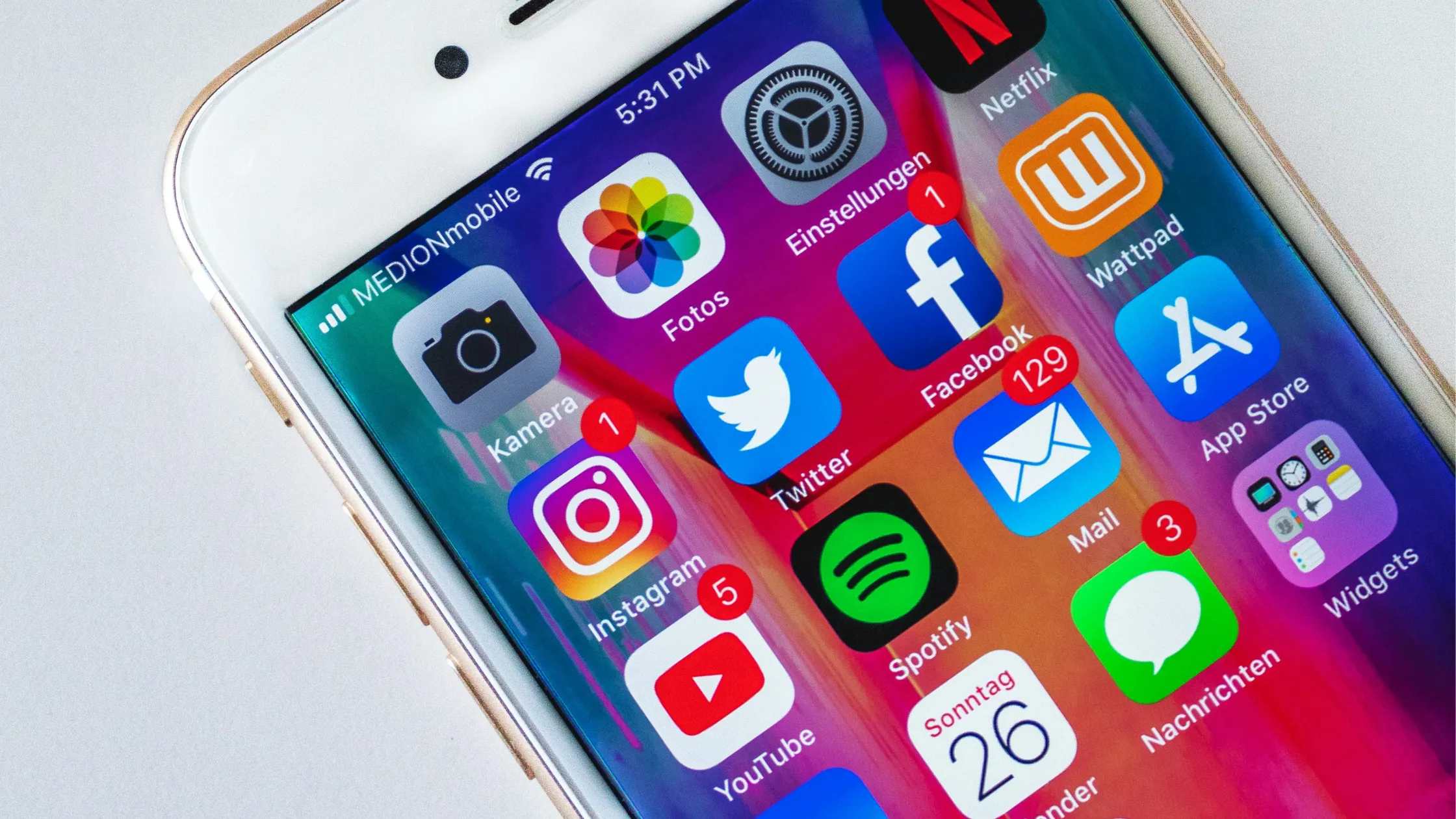Why You Should Pay For Apps and How It Can Protect Your Personal Data.
It’s “Free!” That’s Amazing! Who doesn’t love something that comes with no cost? For small businesses, hobbyists, startups and everyday people, I think it’s fair to say we all get excited when we hear this. In fact, in a world filled with social media, apps and games on our phones, perhaps we even expect it--but what is the hidden cost to you?
If you have seen The Social Dilemma then you might be familiar with this quote:
“If you’re not paying for the product, then you are the product” — Daniel Hövermann
The hard fact here is that these “free” apps (ad-supported products) profit from collecting your data. They also make money from your attention through your clicks, likes and screen time. The real product for sale in all of these cases is your attention and subsequent interactions while logged in.
Here’s a simple example of how you become the product: In advertising-supported products, ads are presented to you. These advertisements are curated based on cookies you agree to in your web browser as well as other behaviours you exhibit within the app itself.
Let’s break this down a bit more. You’re scrolling Facebook when you see a “post” for something you were recently shopping for online. This is called an impression and the app/platform gets paid by the advertiser simply for it coming into your view. Now say you click on that ad. Facebook receives another payment for your behaviour, in this instance for your click. This might sound familiar given what we all know about Facebook, but this kind of advertising is rampant in our world. A recent article from the website MLSDev states that currently, “7 out of 10 apps contain embedded advertisements”. This seems innocent at first glance, but who can advertise on these platforms is largely unregulated and monitored primarily by algorithms. Algorithms that many people--including those who work at these companies-- don’t completely understand.
Using ads to provide free apps for users means that these companies are collecting information about you. This information is collected via your behaviour, views, and interactions. Then, this harvested information is used to infer demographic information about you. This includes but is not limited to where you live, your age, if you have kids etc. All of this is made available simply from behaviours you exhibit online.
At Fission, we are on a mission to normalize the payment of apps for this very reason and believe that a movement towards paying for apps, even at nominal rates, would bring about greater protection for you, the user.
What happens when you pay for your app:
- Your data becomes more secure and we begin to move towards a more ethical and humane technological future.
- Your behaviour and attention are not propagated and sold.
- Your privacy is more protected because the profitability of the application you are using is not contingent on your screen time/attention and personal information for targeted advertisements.
- Charging for apps can improve the standard of living for app developers outside of North America and Western Europe.
a. Example: You publish an app and promote it, developing a user base of 500 users. If those 500 users pay $50 for that app, we’re talking about a $25,000 USD salary for that developer. Pretty substantial for an independent developer in most parts of the world, especially in developing countries - Payment places value on the work. In an article from Derek Sivers, “Psychology experiments have shown that the more people pay for something, the more they value it.”
- Developers should be paid ethically without distributing their user’s data for financial gain to largely unregulated advertisers.
Let’s think about this. Would you be comfortable telling a stranger you met on the street, where you live, how many kids you have, where you went to high school, if you’re married or not? We readily volunteer this information online every day using ad-supported apps, like social media, productivity apps and games. Sounds insane right?
The future is not as abysmal as it might seem. While technology is bound to proliferate there are ways to prevent this dark picture above. The first step of many is to pay for the applications and software you use.
At Fission this is a driving focus for us. We believe in the protection and privacy of our users is essential--That’s why we feel so strongly about our mission. By supporting a movement for normalizing the payment of apps, we aim to be part of the solution. We encrypt the data of every end-user--while giving developers the tools to build great apps, and eventually include the ability to easily charge for them.
For end-users wanting to try out some of these apps, you can start by logging into Fission’s Drive app. It’s free for small amounts of data, and you can pay for a premium account on Open Collective, which helps us build more apps and tools for developers.
For developers, check out some of the App ideas in the forum, or start with the dev guide to build an app of your own.
References
The Social Dilemma. Jeff Orlowski. Tristan Harris, Jeff Seibert, Justin Rosenstein, Tim Kendall. Netflix, 2020. Film
Catherine Han, Irwin Reyes. “Do You Get What You Pay For? Comparing The Privacy Behaviours of Free vs Paid Apps” UC Berkeley, International Computer Science Institute. University of Calgary, IMDEA Networks Institute, Universidad Carolos de Madrid. 2017
MLSDev. (2021) How Do Free Apps Make Money?
Retrieved from: https://mlsdev.com/blog/how-do-free-apps-make-money
Derek Sivers. (2018) The Higher The Price, The More They Value It.
Retrieved from: https://sive.rs/morepay#:~:text=Psychology%20experiments%20have%20shown%20that,the%20more%20they%20value%20it.&text=When%20people%20want%20the%20best,the%20expensive%20wine%20tastes%20better.
Space O Technologies. (2021) How Do Free Apps Make Money
Retrieved from: https://www.spaceotechnologies.com/how-do-free-apps-make-money/
